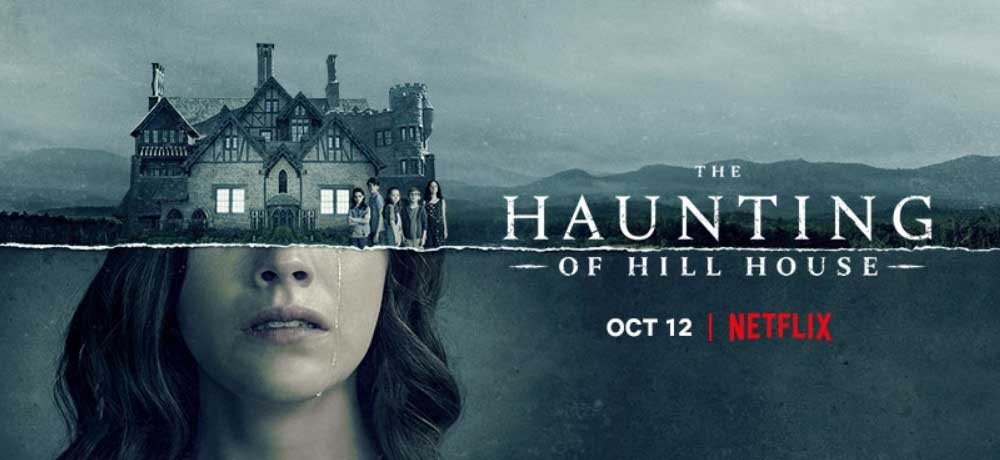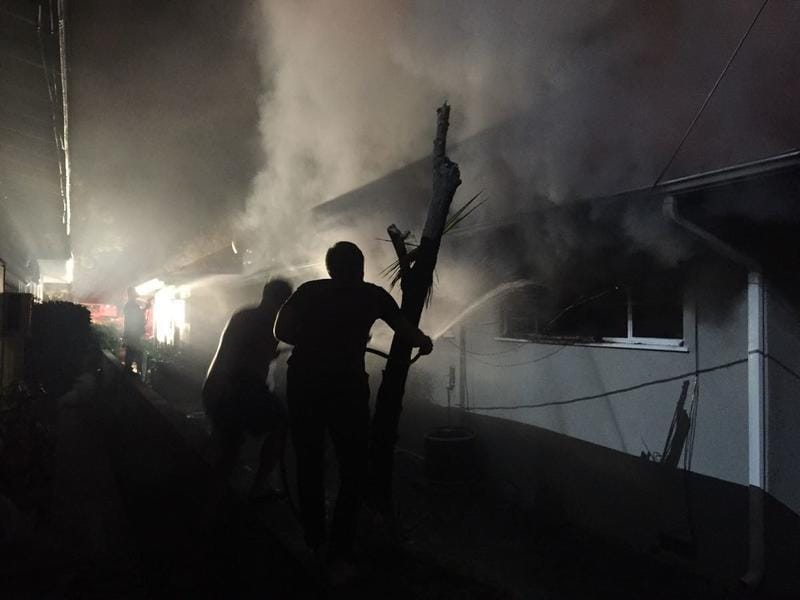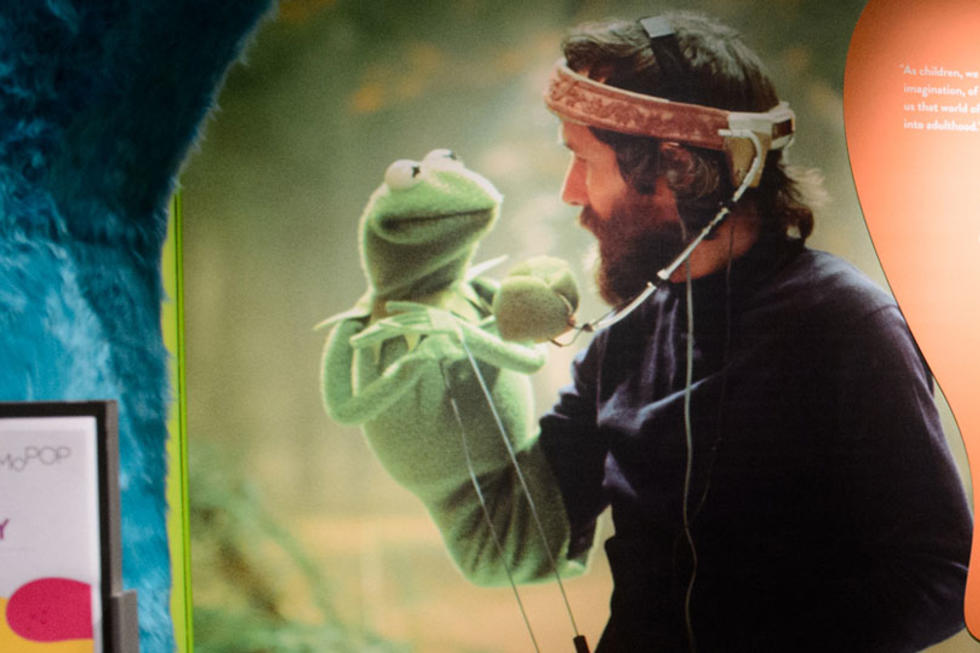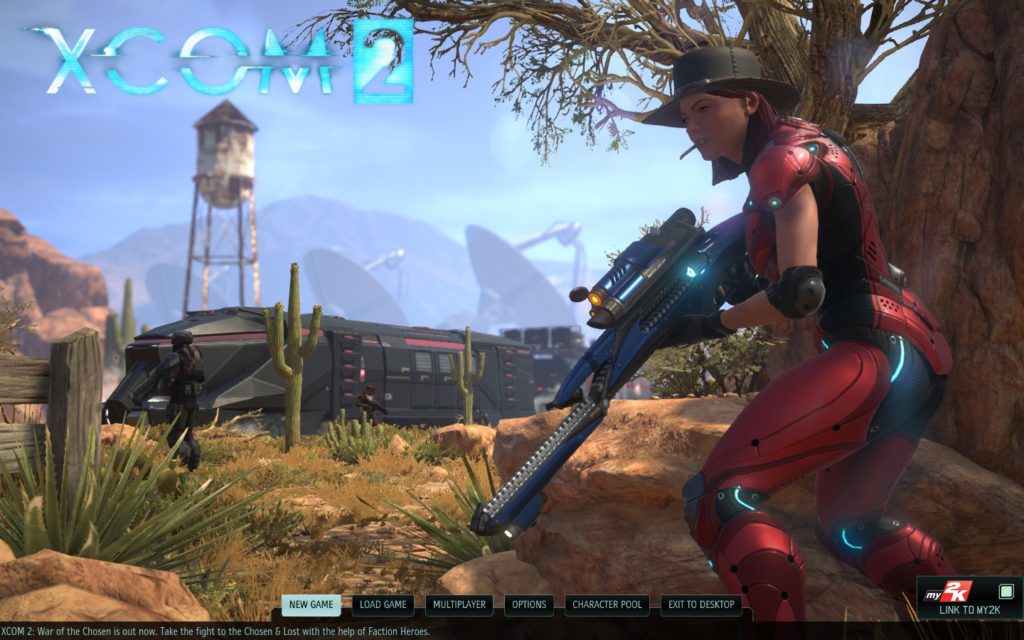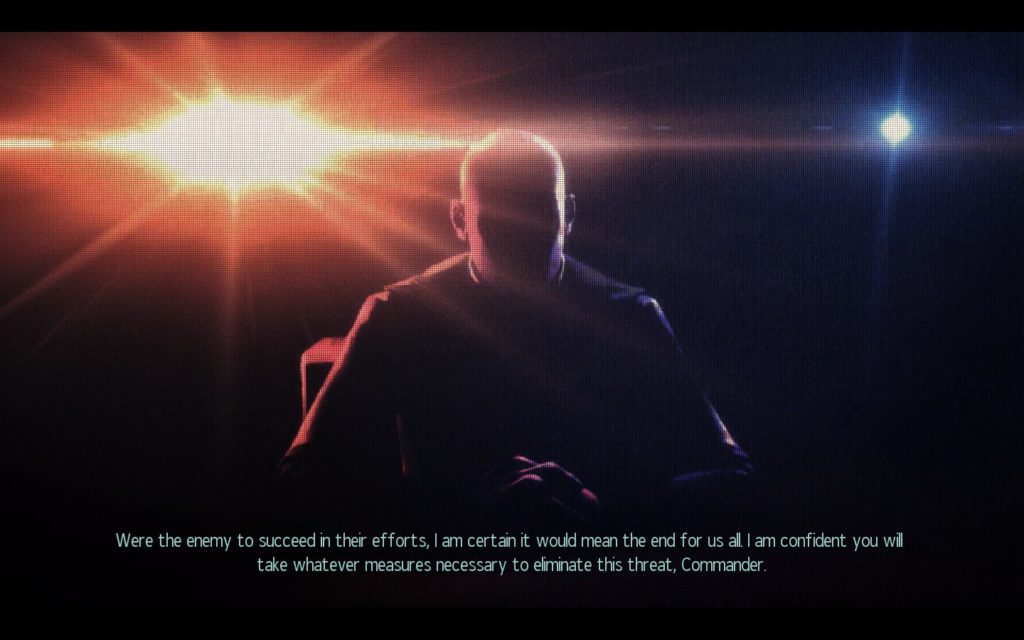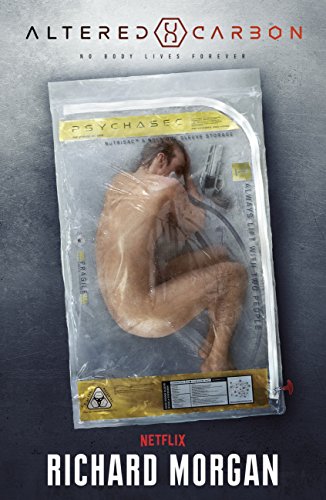You’ve probably heard the news by now. After 95 years on this Earth, Stan “The Man” Lee has passed.
I never actually met him. I could have. Over the years I’d seen him at various comic conventions, in fact so many it became a bit of a joke when some show would tout “FEATURING STAN LEE!” If you paid him, he would come.
Now that he’s gone, do I regret never shaking his hand? Well, no. I’ve searched my feelings and what I felt then is what I feel now… he was an important figure in comics, yet not one I ever felt like I needed to spend time with. But it’s nothing personal.
What I said two paragraphs ago wasn’t meant as a dig at him, either. In fact all I can think of these days is that I hope he *did* get paid, and paid well, and most importantly that the people he had running his business affairs didn’t cheat him too badly as he hauled his 80-something and then 90-something self around the world meeting and greeting fans. The story of all that is a sad one and if you don’t know about it then if you’re currently in mourning for him I recommend not googling it up, at least not until you’ve had some days to process.
Or you might be in the other camp, the ones whose hot takes are already here and there reminding us Stan Lee was everything that was wrong with the comics industry, screwing over everyone he worked with while stealing credit for their hard work and creativity, etc. etc.
Yeah, you might want to tone that down a bit. Whatever else Stan might have been, however much it might rankle when a mainstream article dubbed him “the inventor of comics,” I don’t think it can be argued that comics, or at least Marvel comics wouldn’t be where they are today without his seemingly indefatigable hype powering the promotional and PR engines. And he was an important icon for a lot of folks. He remains perhaps the only comics creative whose name the average layperson knows around the world. How much credit should he get for Spider-Man? People have argued that for decades. Was he a genius with his finger on the pulse of the public? Or just someone who threw out a whole crapload of superhero and supervillain concepts, declaring them all the next big thing with his singularly hyperbolic enthusiasm, and just separating out whoever caught on while letting the failures fade and be forgotten?
Well, shoot, I have to admit sometimes Dawn and I wish we could have had a Stan pounding the proverbial drum for our efforts. Spider-Man made it big and Frog-Man did not, but Stan presented both with equal fervor. That’s also what everyone I know who did meet him would always say, too: he’d make you feel like the most special person, even if it was just a few moments of him signing an autograph for you before you had to make way for the hundreds waiting behind you. Kirby and Ditko and Romita were all creative powerhouses and absolutely deserve their own spotlights, but Lee was that rare blend of shameless schmoozing and earnest belief in comics that never once doubted that you–yes you–should have them rolled up in your back pocket ready to read, share and enjoy. With his “Stan’s Soapbox” inserts and Bullpen Bulletins he was blogging long before there was a web to blog on, doing his best to inform and make you feel like a part of the family, and sometimes poking at the “Distinguished Competition” but never too roughly even though he would obviously prefer that you declared “Make Mine Marvel.”
Oh yeah, he also really liked alliteration. Peter Parker, Pepper Potts, Happy Hogan, Stephen Strange, Bruce Banner, and many more are testament to that.
Penny Arcade had Robert Khoo and that was a pretty amazing success story, but Khoo had nothing on Smilin’ Stan and his cheesily infectious style of salesmanship. Whether you consider him an Edison or a Tesla or somewhere in between, I think he brought some great things into this world, and so I’ll salute him as he leaves it at long last. He didn’t start comics and his death doesn’t finish them, but he’s an important part of their history.








